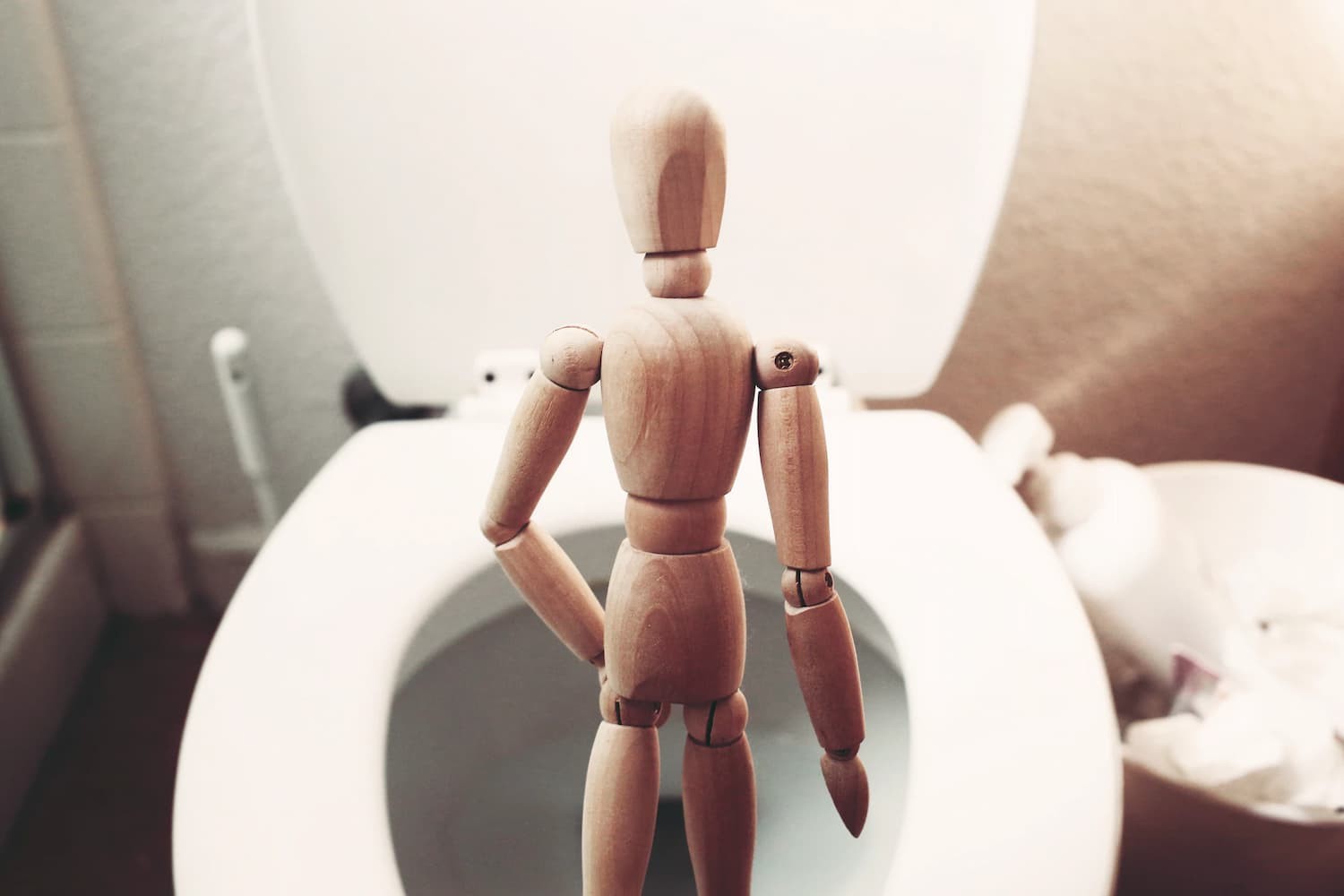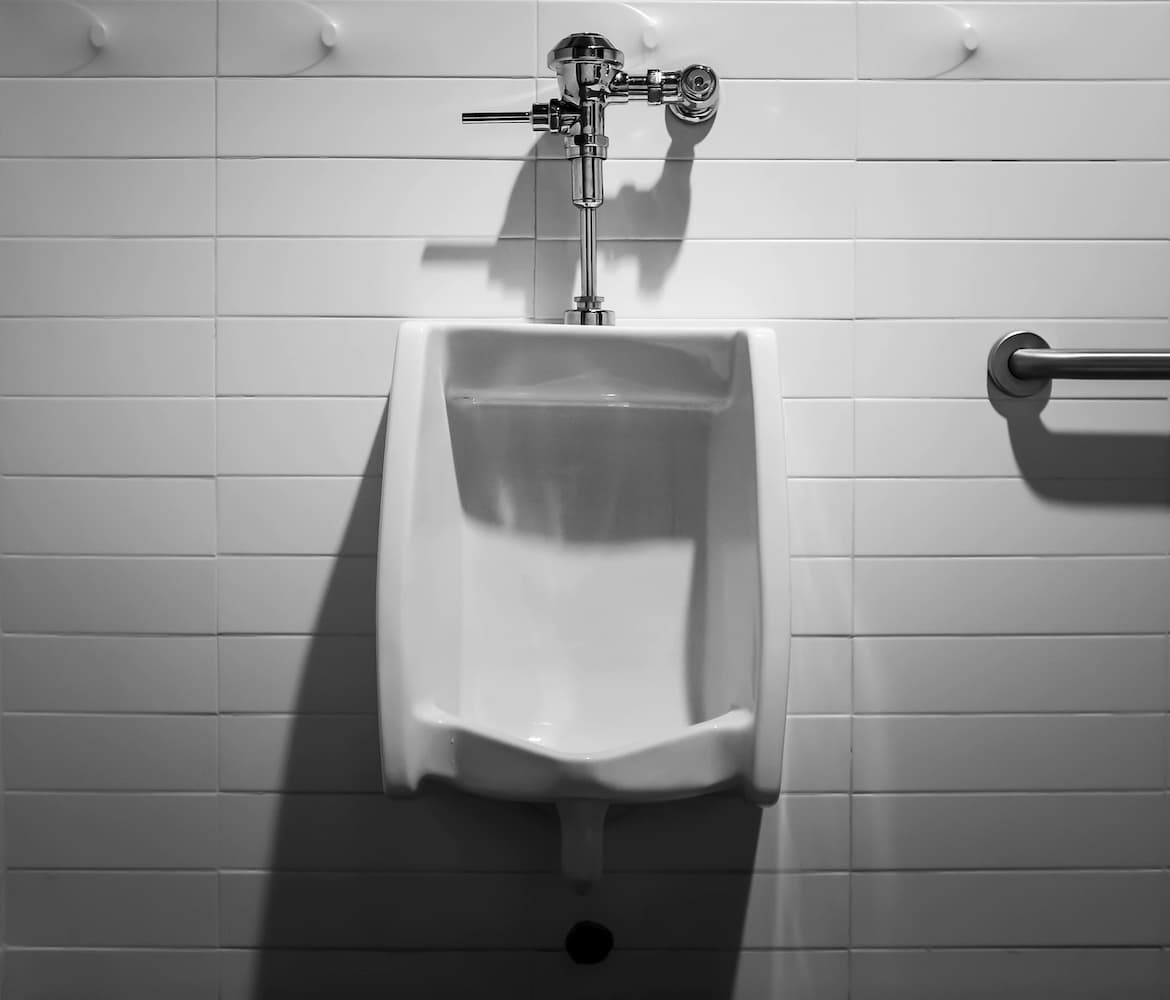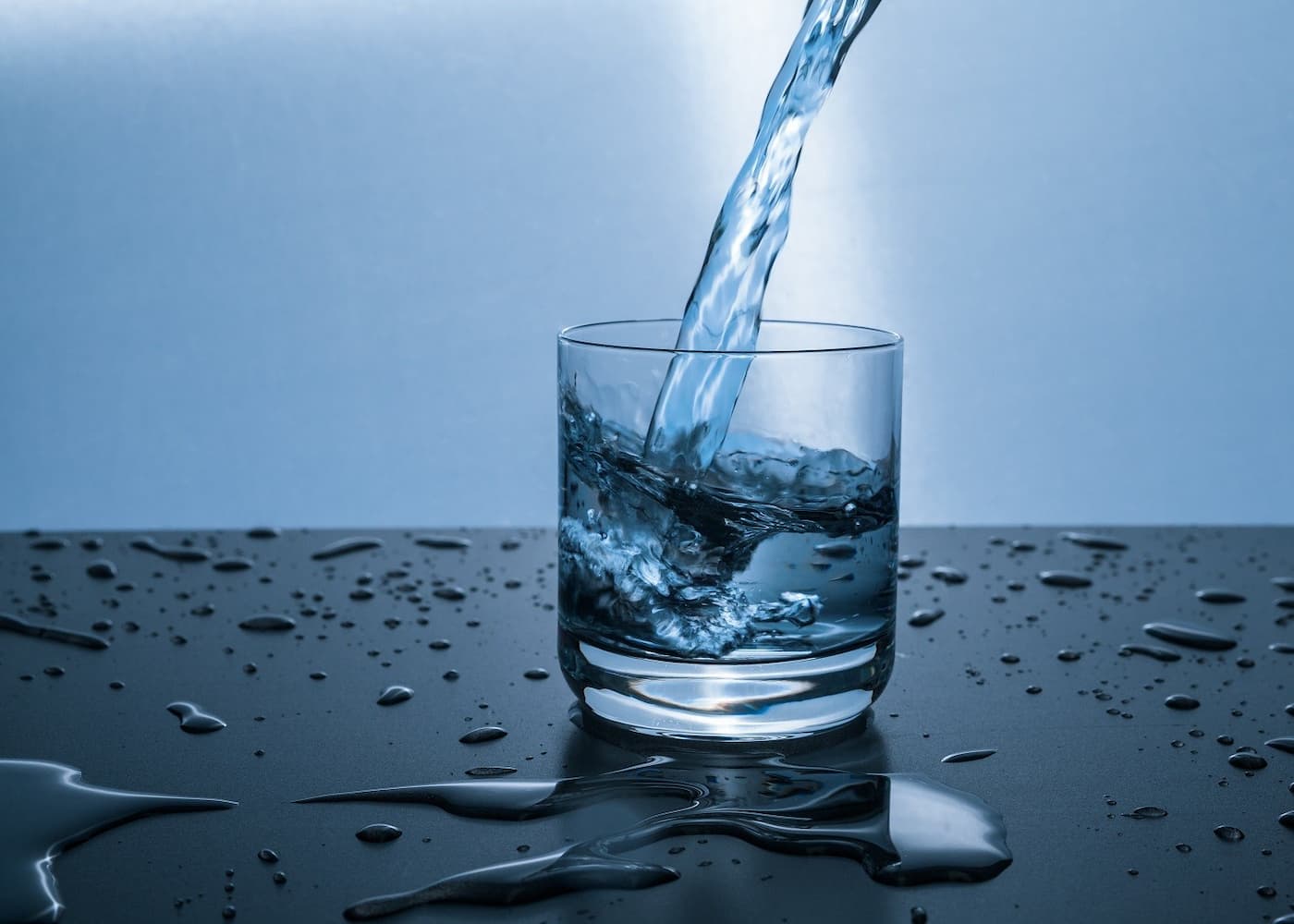
An enlarged prostate, medically called Benign Prostatic Hyperplasia (BPH), is a condition that affects up to 12% of adult men and, to some degree, up to 80% of men over the age of 60. As the word "benign" in its medical nomenclature suggests, an enlarged prostate is not usually a dangerous condition, but it can lead to complications and can be an uncomfortable condition to live with. Fortunately, there are natural treatments that can be used to treat the condition.
What Are the Symptoms of an Enlarged Prostate?
The prostate gland, an integral part of the male reproductive system, rests just below the bladder. It undergoes two stages of growth. During and after the second stage of growth, at about the age of 25, is when an enlarged prostate usually develops. The prostate presses against the urethra, causing urinary problems. Some of the symptoms of an enlarged prostate include:
 Frequent urination
Frequent urination- Pain during urination
- The need to interrupt sleep to urinate
- Difficulty in starting to urinate
- Slow urine flow
- "Dribbling" after urination or urine leakage
In extreme cases, it can become impossible to urinate. The inability to empty one's bladder can also lead to urinary tract infection, which occurs due to bacterial infection in the urinary system. This is when urgent medical attention should be sought. Unlike prostate cancer, though, BPH does not pose a risk to your life and can be treated using some natural remedies. These can be divided into three classes: dietary, herbal and supplemental.
Dietary Treatments for an Enlarged Prostate
A general change in diet from processed and refined foods to natural foods free of additives or pesticides can help relieve the symptoms of an enlarged prostate. Stick with organically grown produce as much as possible and plenty of fresh fruits and vegetables, whole grains, nuts, soy products and nuts that contain high levels of zinc. Cashews and almonds compensate for low zinc levels in BPH, prevent prostate cancer and are considered to be among nature's best 5-alpha reductase inhibitors. A type of enzyme that converts testosterone to dihydrotestosterone, 5-alpha reductase contributes to the symptoms of prostate enlargement.
Other ways to maintain the health of the prostate cells include substituting refined oils for olive oil, canola oil, avocado oil or other plant-based oils that contain beta-sitosterol. Scientific studies have shown that this natural substance from plants improves urinary symptoms and urine flow. Cold water fish (such as halibut, salmon and sardines) are also said to be beneficial to prostate cells as they are rich in omega-3 fatty acids. Other foods that can help with larger prostates and prostatitis symptoms include:
- Pumpkin seeds
- Oats
- Lycopene foods like tomatoes, grapefruit, watermelon and papaya
- Oranges, lemons and other citrus fruits
- Avocados
- Dark chocolate
On the other hand, foods that have been shown to increase the risk of prostate enlargement and make its symptoms worse include red meat, alcohol, dairy products, refined carbohydrates and artificial sweeteners.
The Power of Water
Frequent bathroom trips are not fun, so men with BPH may think reducing their water intake will lessen their urge to pee. Unfortunately, this is farther from the truth. Cutting back on water does not only make BPH symptoms worse, but it will also make the urine stored in your bladder more concentrated, which is a favourable environment for bacterial growth. So, even if you feel that your bladder is full, you will notice a weak urine stream when you actually go to pee. This weak flow of urine leaves the bladder still full. Over time, the minerals in the leftover urine turn into crystals and cause bladder stones
Drinking plenty of fluids increases the volume of urine in the bladder and makes it less concentrated, which results in a stronger stream of urine. For the treatment of an enlarged prostate, a man who weighs 75 kilos should ideally drink around 2.5 litres of water per day.

Herbal Treatments for an Enlarged Prostate
There are several herbal remedies that can help ease the symptoms of benign prostatic hyperplasia. The list of complementary therapies below can be used in the treatment of mild BPH. They're also recommended as an adjunct therapy to standard medical treatment, such as prostate surgery, to reduce its negative side effects, including dry orgasms, urinary incontinence, narrowing of bladder neck and erection problems.
Saw palmetto is the most recommended herbal treatment for an enlarged prostate. Saw palmetto is said to work by inhibiting the conversion of the male hormone testosterone into DHT (Dihydrotestosterone: an androgen). It also has an antiestrogenic effect and relieves the urinary symptoms of an enlarged prostate in general. Interestingly, the medicine most prescribed for the condition is chemically derived from saw palmetto. While the prescription medicine has many known side effects, none have been found with saw palmetto.
Pygeum and stinging nettle are other effective herbal remedies for reducing the symptoms of an enlarged prostate. The first is a rich source of a variety of fatty acids and beta-sitosterol, which can help improve urine flow. The concentrated extract of stinging nettle is another often recommended treatment for BPH as it contains antioxidant and anti-inflammatory compounds that enhance urinary flow, prevent leakage and resolve bladder control problems.
Hydrangea is another type of herb that is said to be very good for the urinary system in general as well as supportive of the health of the prostate gland.
Herbs from the allium family, a genus of flowering plants like garlic, onion and chives, have also been found to reduce the risk of BPH and symptoms of prostatitis.
While herbal treatments are largely safe, it is always best to consult a qualified herbalist or naturopath before embarking on any long term treatment regime. A healthcare practitioner can also advise you about the proper dosages, purity and potency of the products and other related issues.
Supplemental Treatments for an Enlarged Prostate
Some of the dietary supplements that may relieve the symptoms of BPH include the amino acids glycine, alanine, and glutamic acid; flaxseed meal or flaxseed oil; flower pollen; and zinc picolinate. Note that because zinc competes for absorption into the body with copper, a copper and zinc combination supplement should be used if you are going to be using the zinc supplement long term.
As Vitamin D receptors are present in the prostate gland, including a vitamin D supplement in your daily diet will also help maintain prostate health. Selenium is another common treatment as this essential mineral is associated with the reduced risk of BPH, prostate cancer, chronic prostatitis and other types of prostatitis.
As with herbal treatments, it is always best to get advice from a healthcare practitioner before embarking on a long term course of treatment.

Engaging in physical activity is also beneficial to men with benign prostatic hyperplasia. Walking, jogging, swimming as well as kegel exercises will help strengthen the bladder muscles.
If you have been diagnosed with BPH but refuse to consider any invasive procedures, you can find relief from your symptoms with the natural remedies discussed in this article. It would be best to discuss your choice of complementary therapy with your primary physician and how it can be integrated into your treatment plan.
|
Do you have a natural health & wellness business? |









